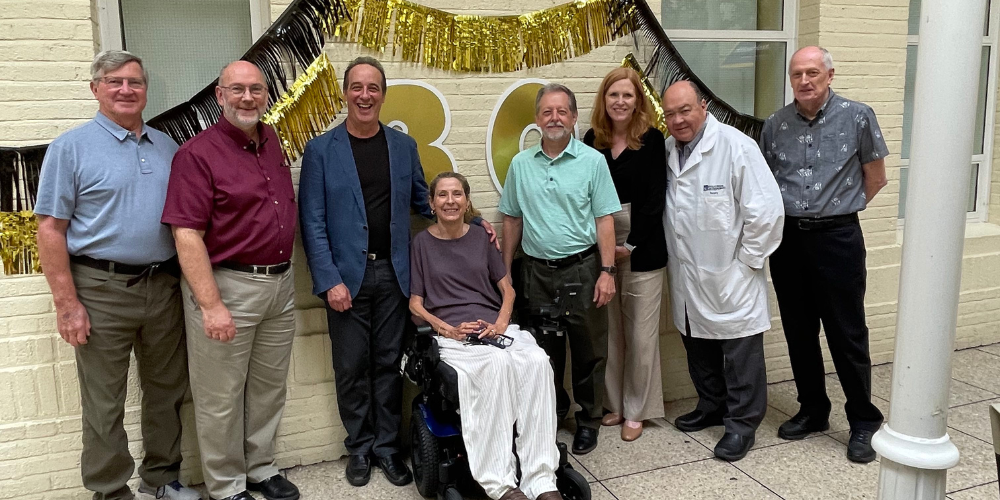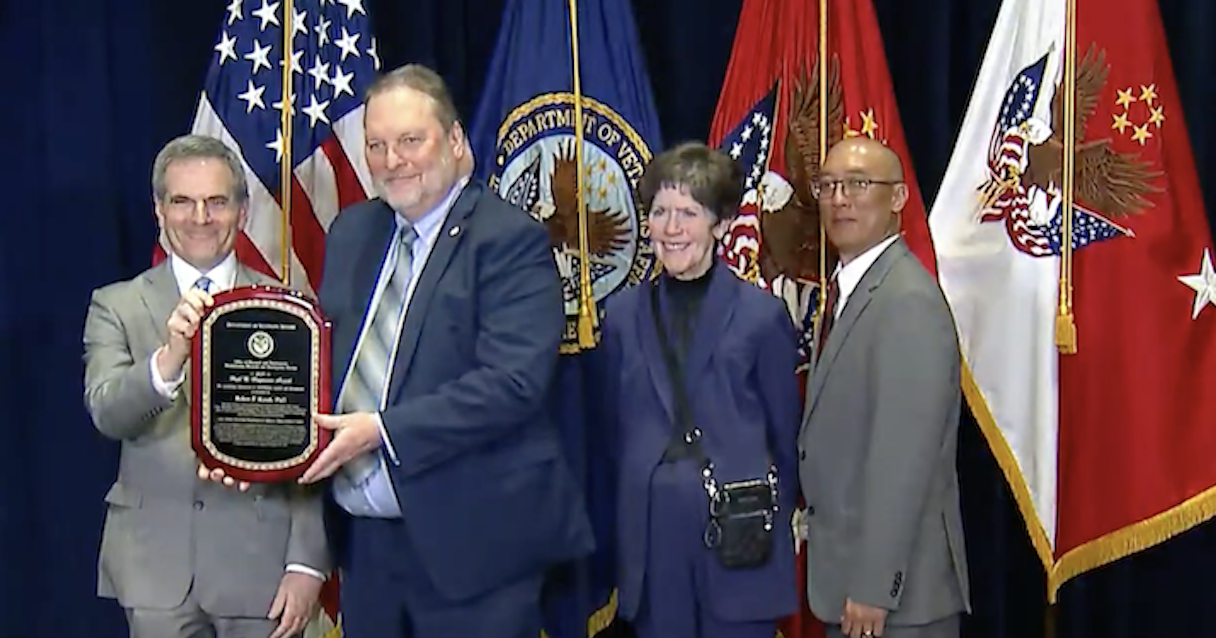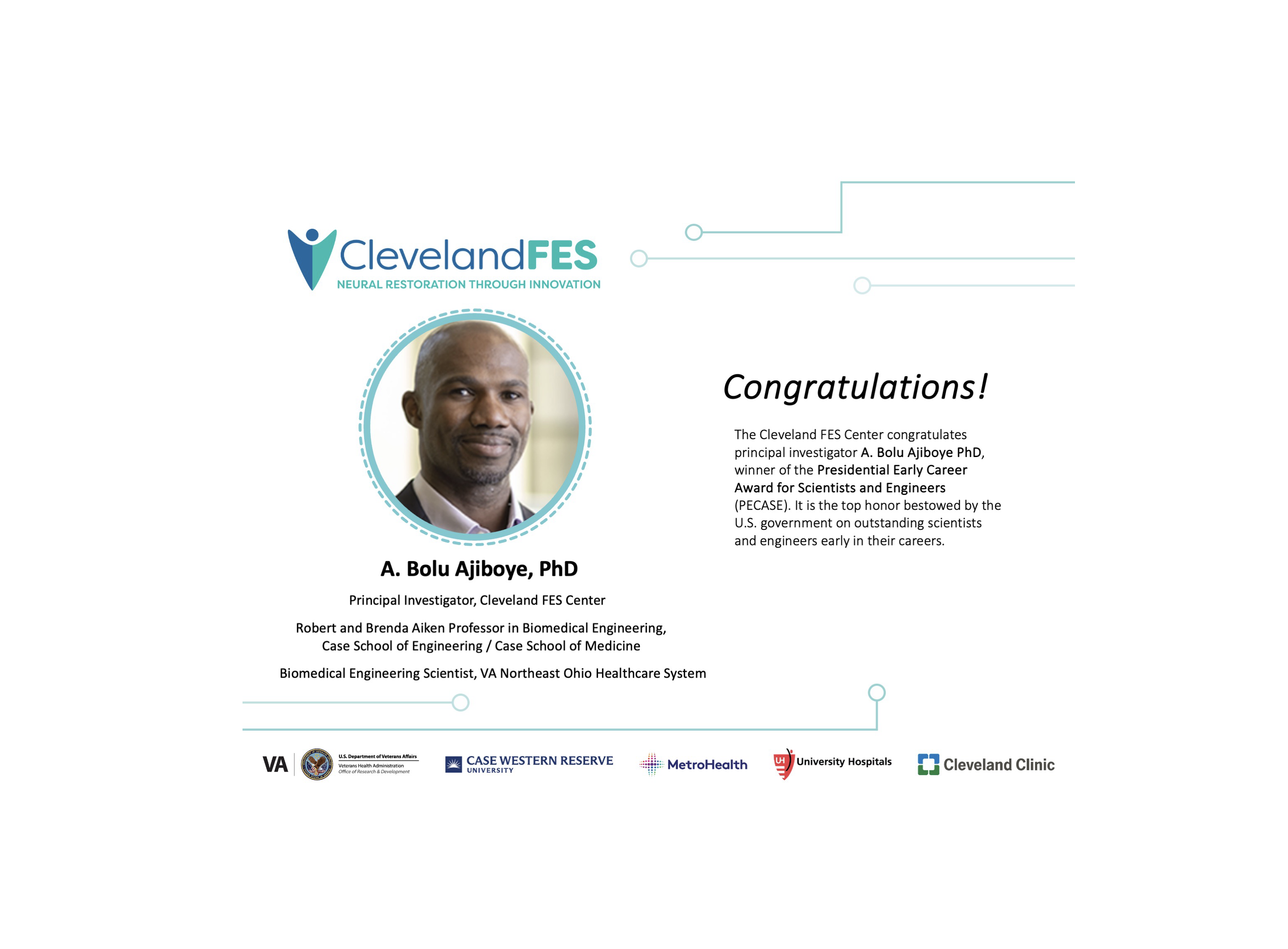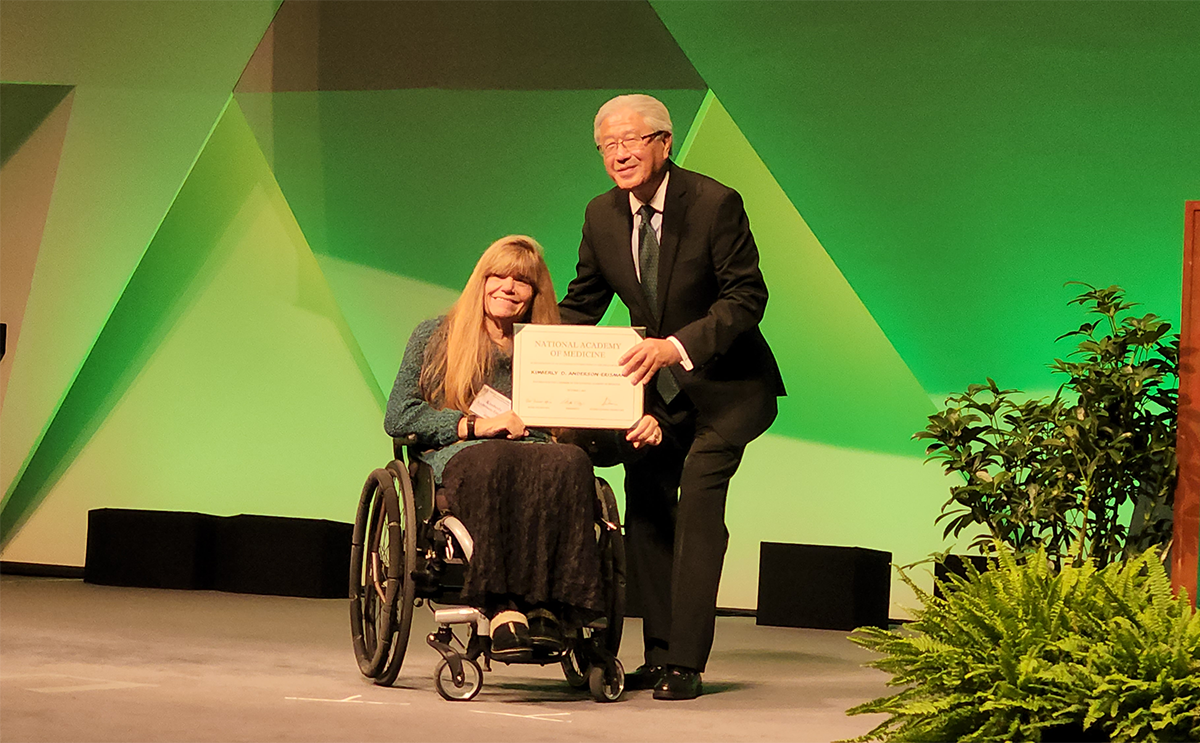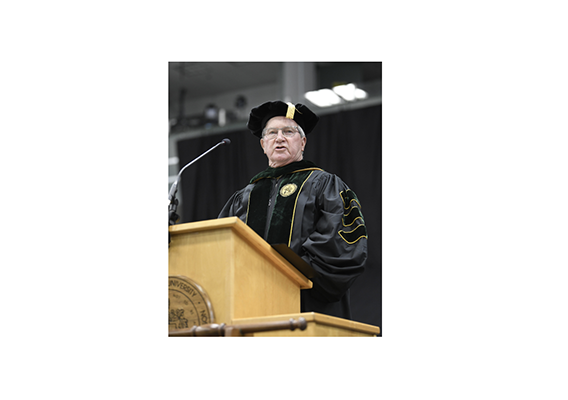MetroHealth Honors 30-Year Implant Recipient Jeanette Green
From left, Hunter Peckham, PhD; Kevin Kilgore, PhD; Geoff Thrope; Jeanette Green; Ron Hart; Anne Bryden, PhD; Dr. Mike Keith, MD; Brian Smith. Long-time study participant Jeanette Green of Washington, DC, says the engineers and clinical team at The MetroHealth System, Case Western Reserve University, and the Cleveland FES Center changed her life in 1994.…
Details
